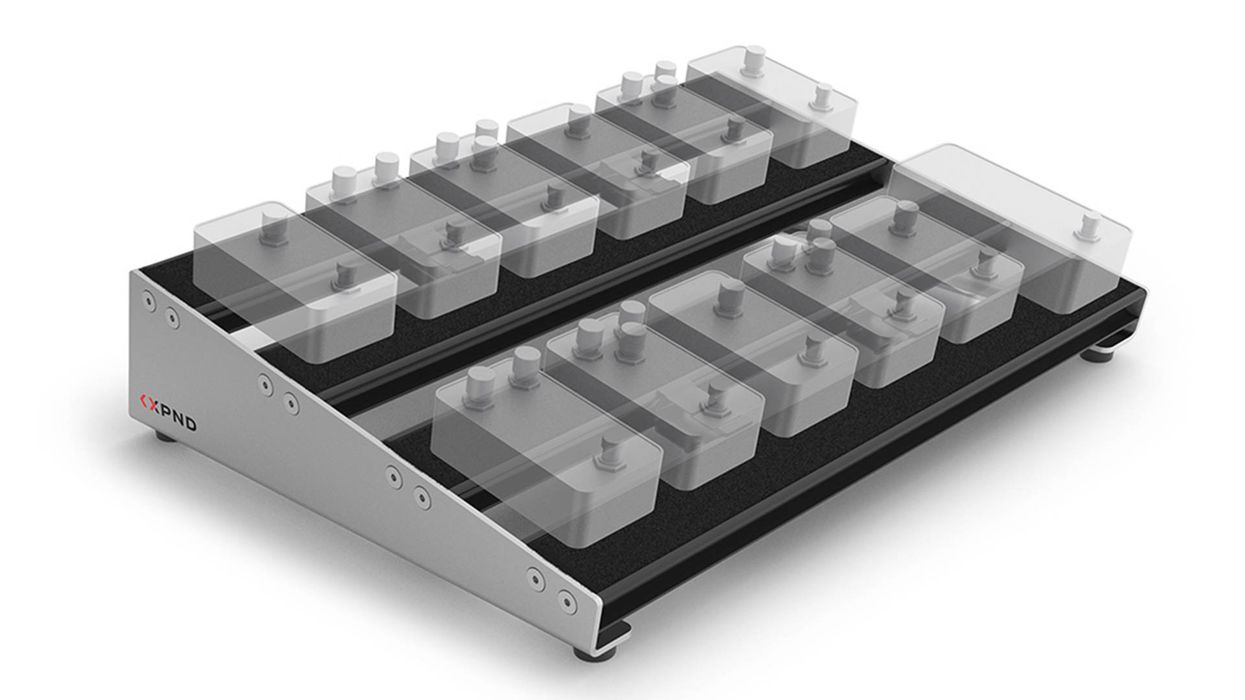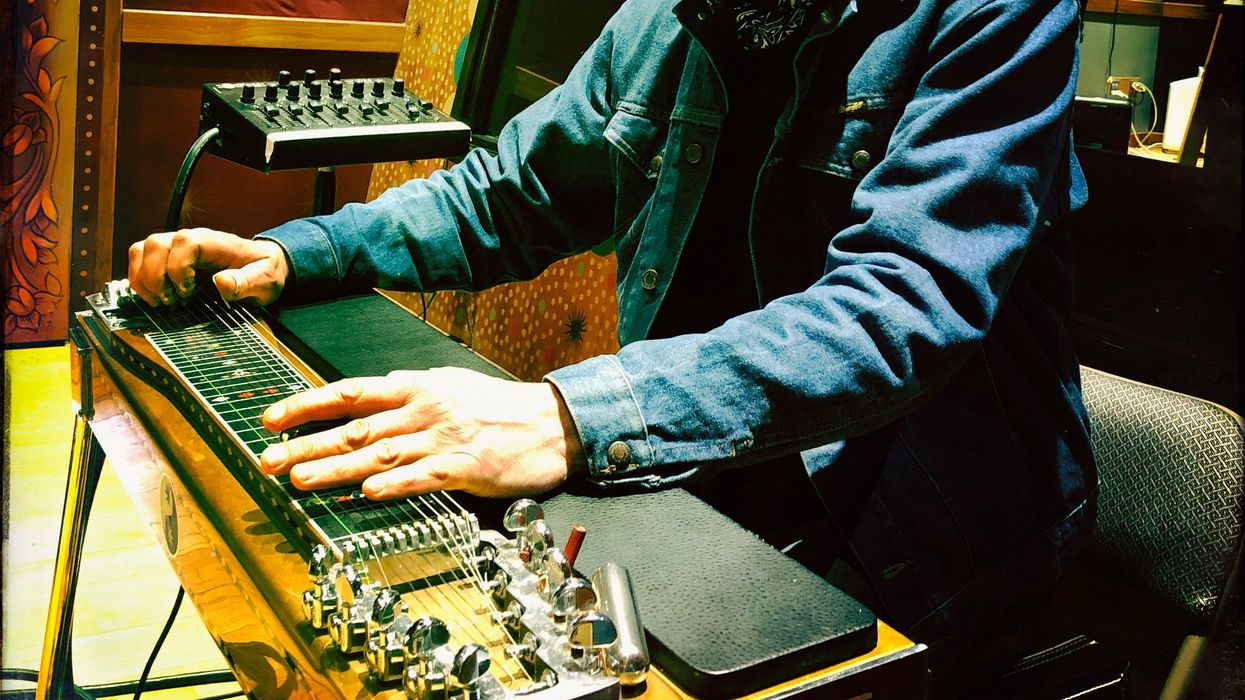The fact that you’re reading this means you’ve surrendered unconditionally and irretrievably to the guitar. It may have happened a couple of months ago or decades in the past. Either way, as corny/cringey as it sounds, we all know that we fell for this thing not just because it’s responsible for some of the coolest, most moving sounds in all of live and recorded music history, but because it’s also still a potent symbol of individualism, cathartic self-expression, and, yeah, even rebellion. Sure, its awesomeness has been sullied here and there by unfortunate incidents (Adam Levine at the Super Bowl, cough cough), but that sort of thing is inevitable.
Anyway, a natural side effect of this infatuation—especially in the current golden age of killer affordable gear—is that it’s incredibly easy to fall into the habit of wanting basically one of every iconic guitar and amp out there (or maybe an expensive widget that does the digital near-equivalent).
But I submit that this is a surefire way to spin your wheels and prolong—or maybe even prevent—the discovery of your own voice. What you should be looking for is “the one.” Not the one killer Strat, and the one amazing Tele, and the one Les Paul to rule them all, et al. ad nauseam. I’m talking about the one guitar and amp that best channels the sounds in your head.
Okay, okay. I’ll grant that there are a couple of important caveats to be made here: First, finding the instrument that best comports with your inner voice is a journey that involves trying a lot of different types of guitars and amps. And sometimes once you’ve found the right guitar or amp, you still find that fine-tuning things like pickups, tubes, picks, or strings will get you closer and closer to your sound. But don’t forget that that’s what it should be about. And yeah, we all (hopefully) evolve over time, too, so that complicates the voyage as well. I’m not saying this is easy or simple.
What I am saying though—to be blunt—is that it really is a vain, consumer-mentality trap (or perhaps just a subconscious copout?) to think it’s necessary to amass a collection of iconic gear similar to what your pantheon of 6-string heroes uses. Since the dawn of guitar, the most interesting and influential players have typically used one or two basic guitar and amp types as the foundation for the bulk of their repertoire. Name a famous guitarist or bassist, and you’ll see the pattern, with pretty minimal divergences.
Why is this? Perhaps it’s because the more time they spent with their preferred gear, the more it became so much more than a tool—it became ingrained in their musical being. The more they played it, the more the mental lines between flesh and nickel-wrapped steel blurred … the more fluid and quick to respond were the neural paths guiding the interplay between individual and instrument. This level of intimate familiarity is born of untold hours of exploration and bonding, not by obsessive fetishizing of noise-making baubles. Donning a different instrument just because you think the variety of shapes and finishes will bolster your credibility or look killer with your new leather pantalones is a fool’s errand.
Pedals are a slightly different story, in my opinion, but even there the same basic principle holds true: Spend innumerable hours getting to know your gear inside and out, and more often than not it’ll meld with your musical psyche and respond to playing subtleties and nuances in ways that cohere into a singular sound that’s far more impactful and, well, you, than constantly swapping in new circuits that make it harder to predict how your rig will respond.
Of course, in the end there are no rules. That’s what’s so great about music—or the best music, at least. I’m sure there’s a healthy counterargument to be made, too. But I still contend that it’s worthwhile food for thought whenever you find your paycheck burning a hole in your pocket despite that wall full of neglected axes and cabs (or those drawers full of stomps). Sometimes recommitting to your existing rig is the less-exciting but more fulfilling secret to a stronger musical future.




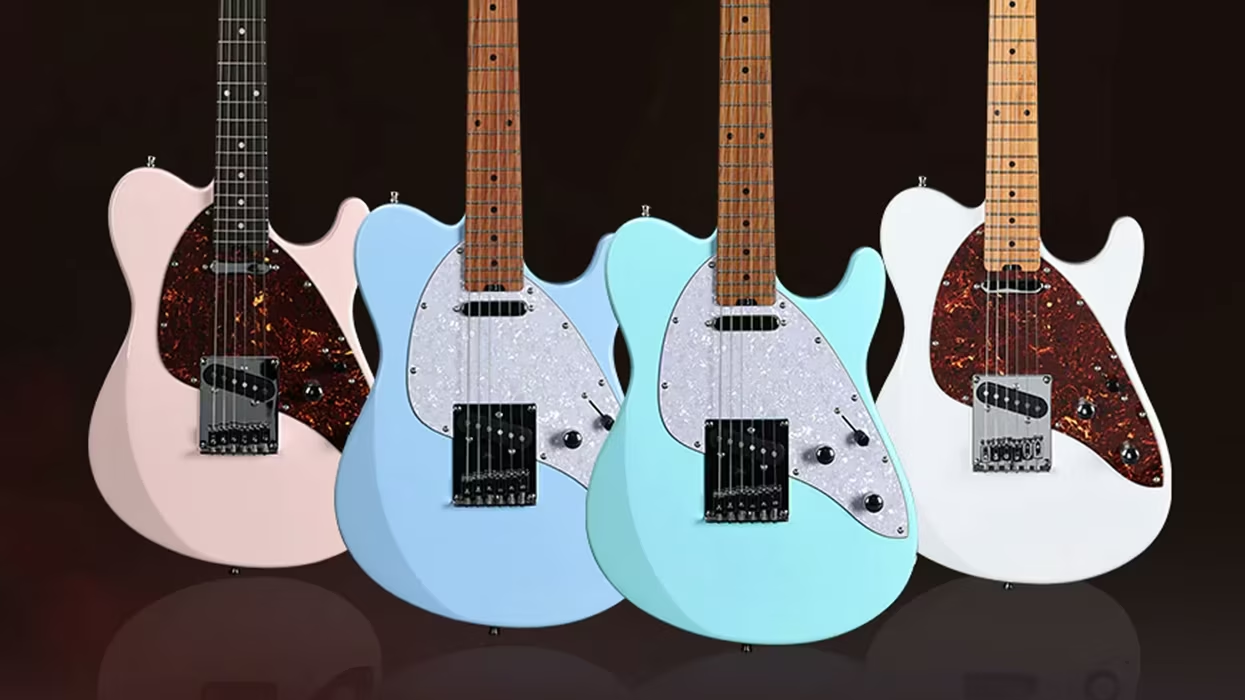

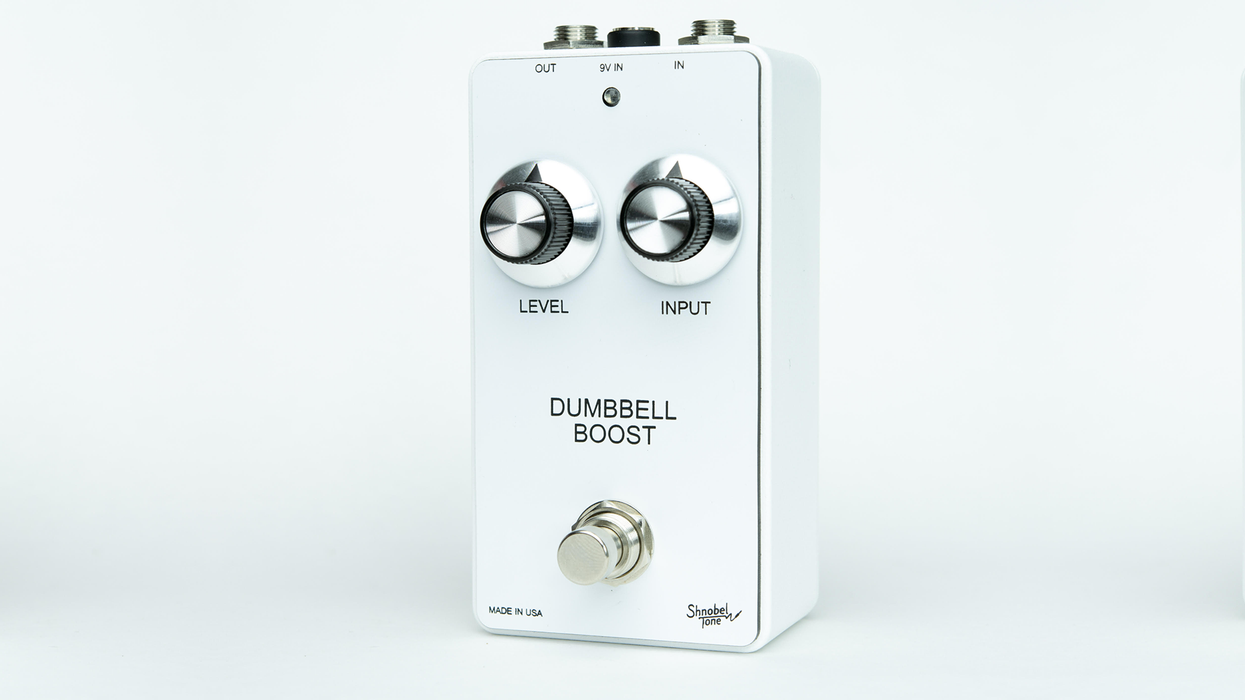
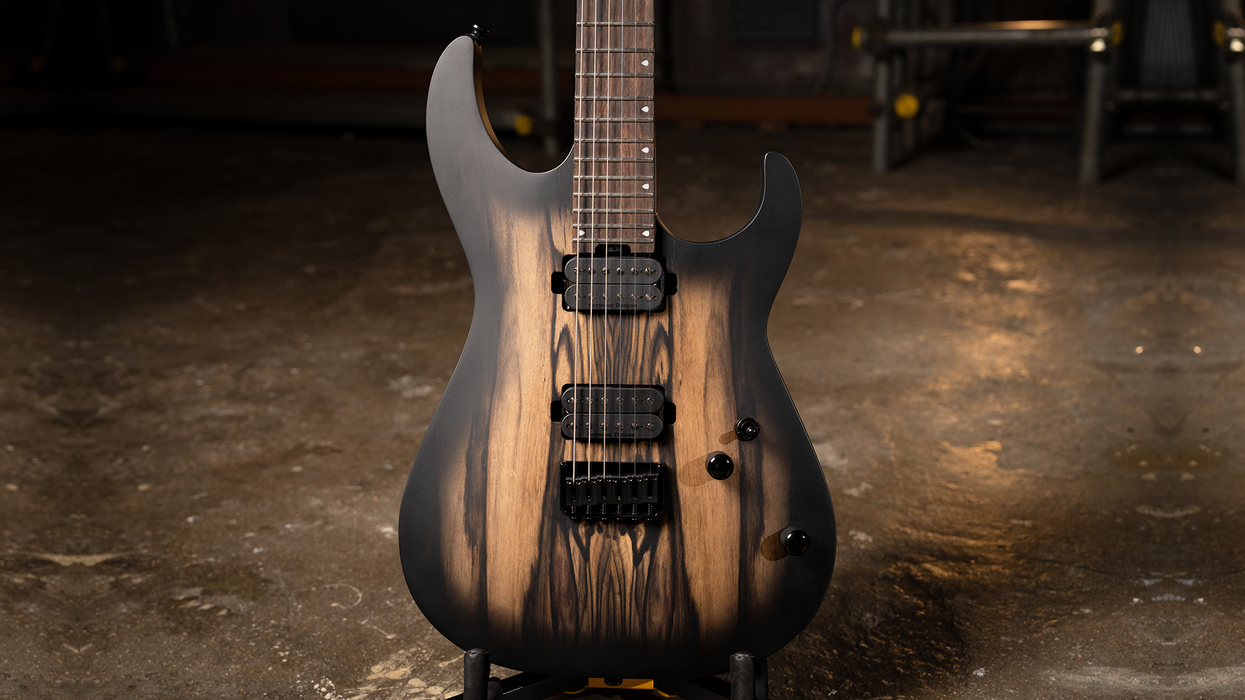

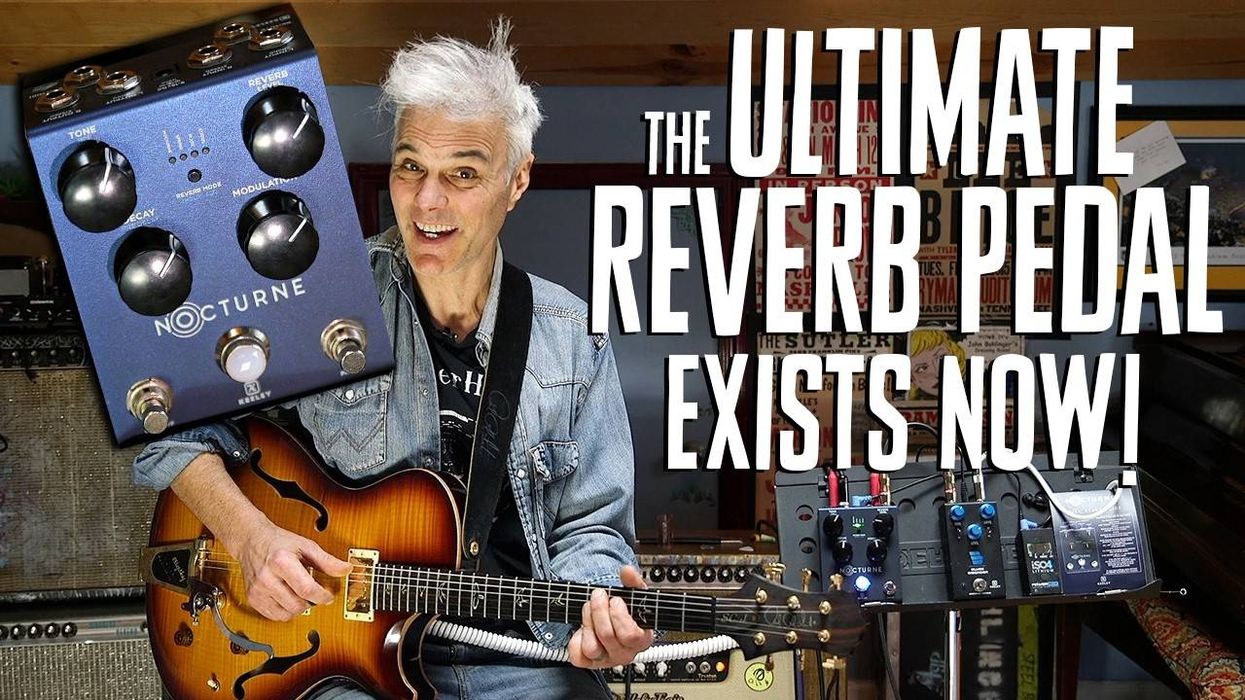

![Rig Rundown: Russian Circles’ Mike Sullivan [2025]](https://www.premierguitar.com/media-library/youtube.jpg?id=62303631&width=1245&height=700&quality=70&coordinates=0%2C0%2C0%2C0)
